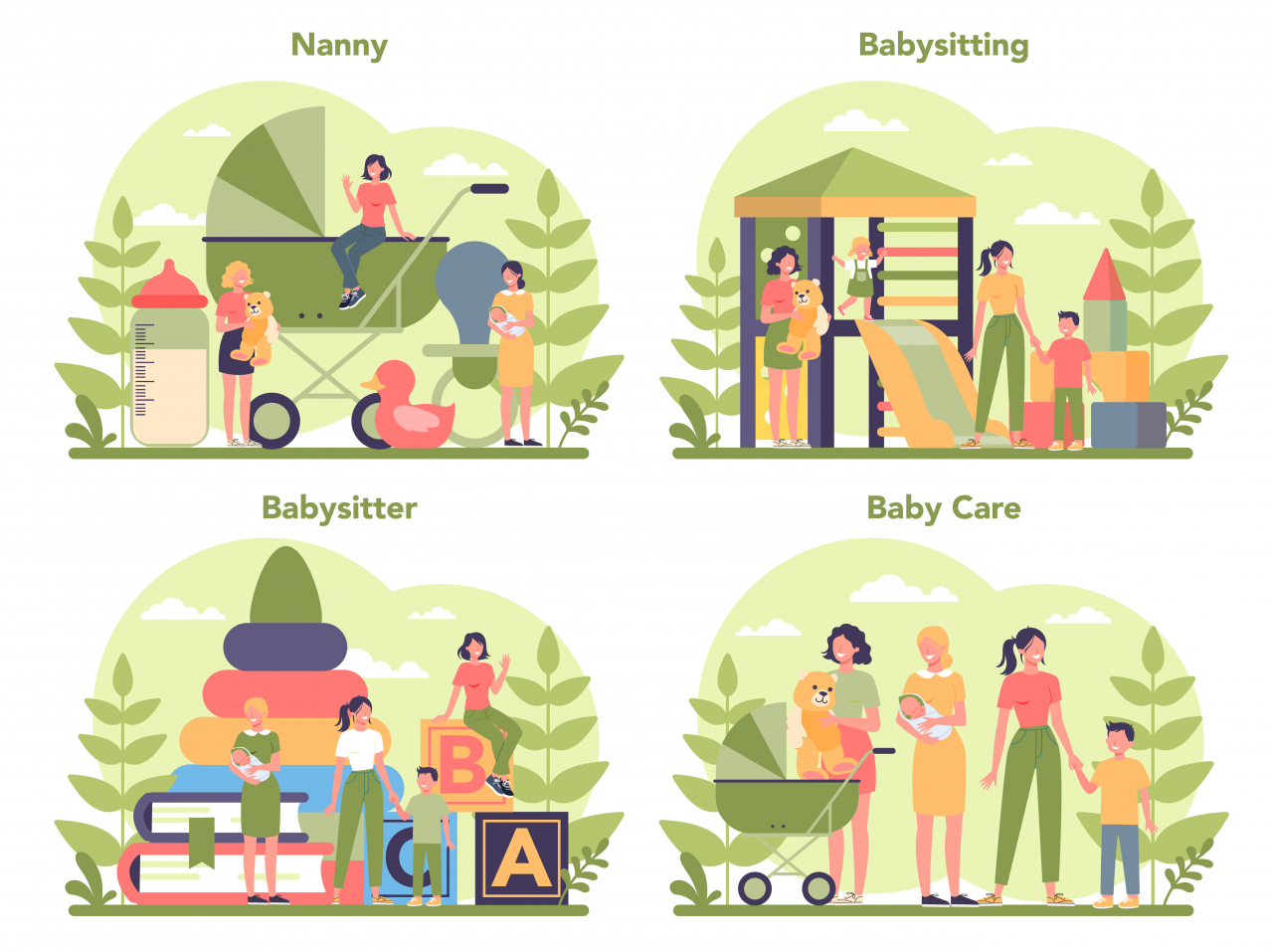W1m nanny salaries would allow access for middle-class: panel
By Park Jun-heePublished : July 19, 2023 - 17:53

The monthly pay for babysitters from Southeast Asian countries should be placed at 1 million won ($788.95) to make it available for middle-income households, a panel of experts said Wednesday during a discussion on how the government should prepare for the pilot program in the latter half of the year.
Kim Hyun-cheol, a professor at Hong Kong University of Science and Technology’s Economics Department and Division of Public Policy, said South Korea should take a cue from Hong Kong, where domestic helpers are entitled to receive a minimum salary set by the government, not the country’s minimum wage standards. The minimum is currently around 1 million won, but there is also a requirement for accommodation to be provided in the employer's home.
Currently, Korean nannies are paid around 3.5 million won, according to Kim, which is 300,000 won higher than the average income of middle class women in their 30s.
“The relatively low wage level will increase the demand for foreign helpers and make it affordable for the middle class, to encourage births,” Kim said.
Besides finances, Kim underscored that bilingual foreign child care workers could teach English to children and help them academically.
Kim, however, pointed out that hurdles remain regarding how foreign babysitters will emotionally bond with the child, as young children can be confused due to language and cultural differences.
Seoul Mayor Oh Se-hoon echoed Kim’s view, explaining that foreign babysitters would ease spending money on child care, which would gradually reverse the ever-waning birth rate, as well as create a public consensus for immigration society.
In light of the falling birth rate, Oh floated the foreign nanny scheme in September last year, citing that countries like Singapore and Hong Kong adopted the system in the 1970s and witnessed a rise in women’s economic activities.
“Demographer David Coleman has warned that if low birth rates continue, South Korea will become the first country to lose its entire population. We can’t let that happen,” Oh said. Seoul showed the lowest fertility rate of 0.59, while the country’s average dropped to a new low of 0.78 last year -- the lowest in the OECD, according to Statistics Korea.
“Also, the pilot program will allow (Koreans) to find a social consensus on foreign workers contributing to the labor market and guide how (the country) will have to prepare for immigration society,” Oh said.
Rep. Cho Jung-hun of the minor opposition party Transition Korea, who had proposed the amendment to the Act on the Employment Improvement on Domestic Workers in March, gave a different view regarding foreign helpers, noting that women would no longer have to spend time out of the workforce to raise children and not worry about getting back into the job market.
“1.4 million women experienced a career break last year, with child-rearing among the top reasons. We need to create an environment for women to raise a child and, at the same time, work,” Rep. Cho said.
The pilot program will commence in the second half of this year, although the exact date and other information have yet to be announced. The mayor said the central government would later decide to implement the system.



















![[Today’s K-pop] Treasure to publish magazine for debut anniversary](http://res.heraldm.com/phpwas/restmb_idxmake.php?idx=642&simg=/content/image/2024/07/26/20240726050551_0.jpg&u=)